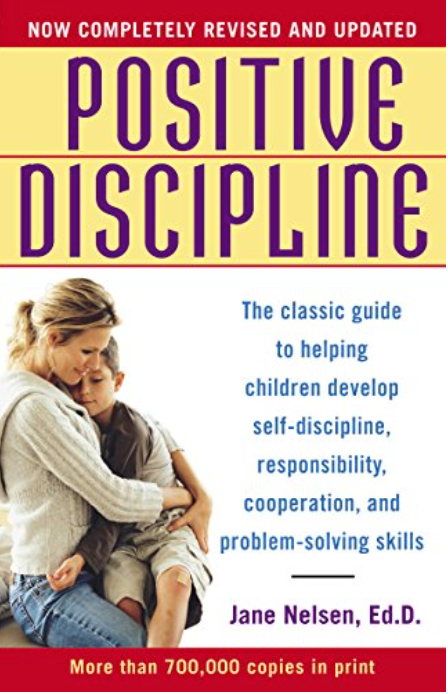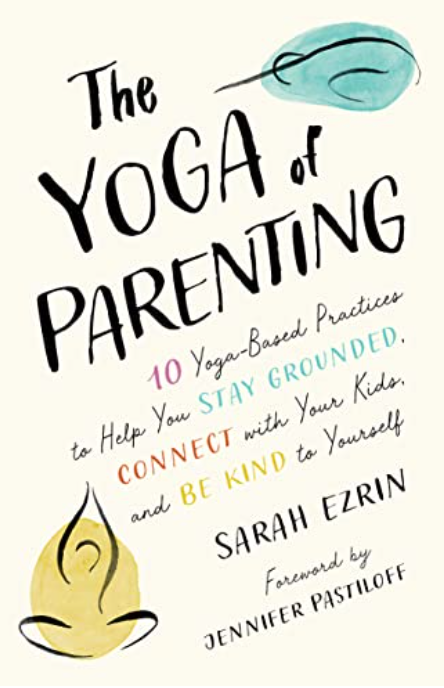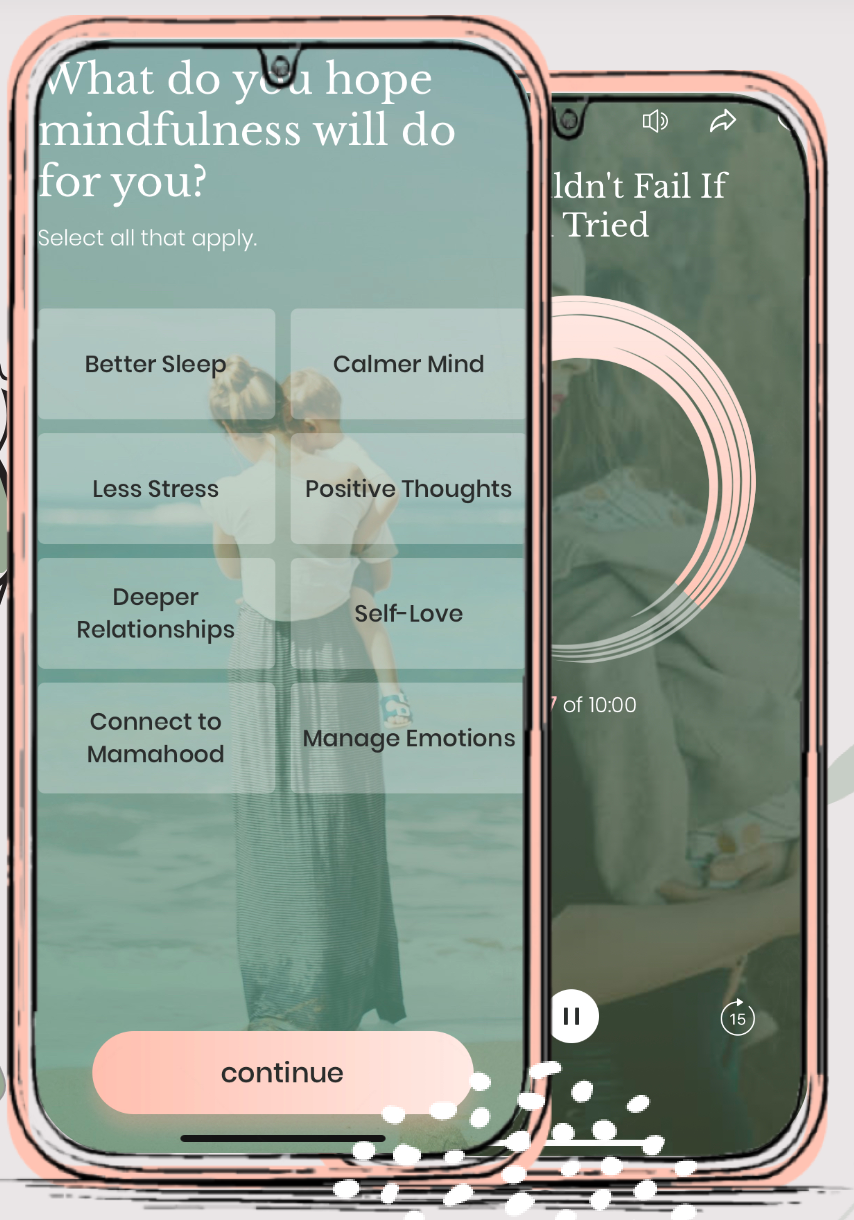What to Do After a Tough Moment With Your Child: 3 Steps to Repair
Parenting can be challenging, pushing us to our limits at times. When we're tired, overwhelmed and frustrated, it's easy to lose control and not be the parent we hoped to be. While staying calm is always the desired plan, we all make mistakes from time to time. We might shout out our big feelings and then feel horrible afterward. Effective repair after a tough moment shows your child that relationships can recover. Reframe the “mom guilt” as a teachable moment for everyone.
Identify your common triggers and the moments that push your buttons.
Be mindful of warning signs in your body such as shortness of breath or clenched fists, indicating that you're about to get upset. Recognize when your child has crossed your boundary or you have let an important limit go. That's usually when we react in an unkind tone and lose our patience. After you have overreacted, take the following steps to repair the situation with your child and make amends.
1. Check-In & Take Responsibility for Your Actions.
Once you have grounded yourself and everyone is in a calmer place, get down to your child’s level and make eye contact. Some children might be ready to talk immediately after the hard moment, while others might need more time to settle.
Acknowledge when you have made a mistake and share your own emotions. Then, listen by honoring their feelings and experience without defending yourself.
Sample Script:
“I was feeling overwhelmed, and I had big feelings earlier. That must have felt really scary for you when I yelled. I shouldn’t have done that. What was that like for you?
Remember, I love you no matter what.”
2. Express an Intention For the Future.
Share your commitment to handling similar situations better next time. Talk through the scenario together and different choices you will make to regulate yourself.
When our nervous system gets activated, our body goes into a stress response called “fight or flight” mode. It sounds silly, but the next time you’re feeling triggered by a toddler tantrum, siblings screaming, or a baby whining at your feet, say to yourself, "This is not an emergency." It will immediately calm your mind and nervous system down.
Sample Script:
“Next time I feel really frustrated around you, I will…”
Take deep breaths - Inhale for 4, Hold for 7, Exhale for 8
Walk away for a moment and take a break in the other room, before trying to talk to you
Say it in this way, “_______.”
Splash my face with cold water (cool down hack)
Stretch my arms up high and shake out my hands to release tension
This is role modeling for your children on how to practice coping skills in the moment. Be proactive because these situations will happen again.
3. Reconnect. After the conversation, ask your child if they would like to snuggle, hug, or do an activity together to rebuild the attachment.
Sample Script:
"What would you like to do together? Play tag? Hide and Seek? Cook dinner together?"
Learning how to repair after conflict teaches your child a lifelong skill. It gives them a chance to practice with the person they feel safest with, and it's one of the greatest gifts you can give to your relationship. Modeling how to make amends is the best way we can teach our children. These repair experiences demonstrate to your child how to check-in on others one day after they’ve had a big reaction. We are all humans who make mistakes and are doing the best we can.
These books helped me become a calmer parent:





